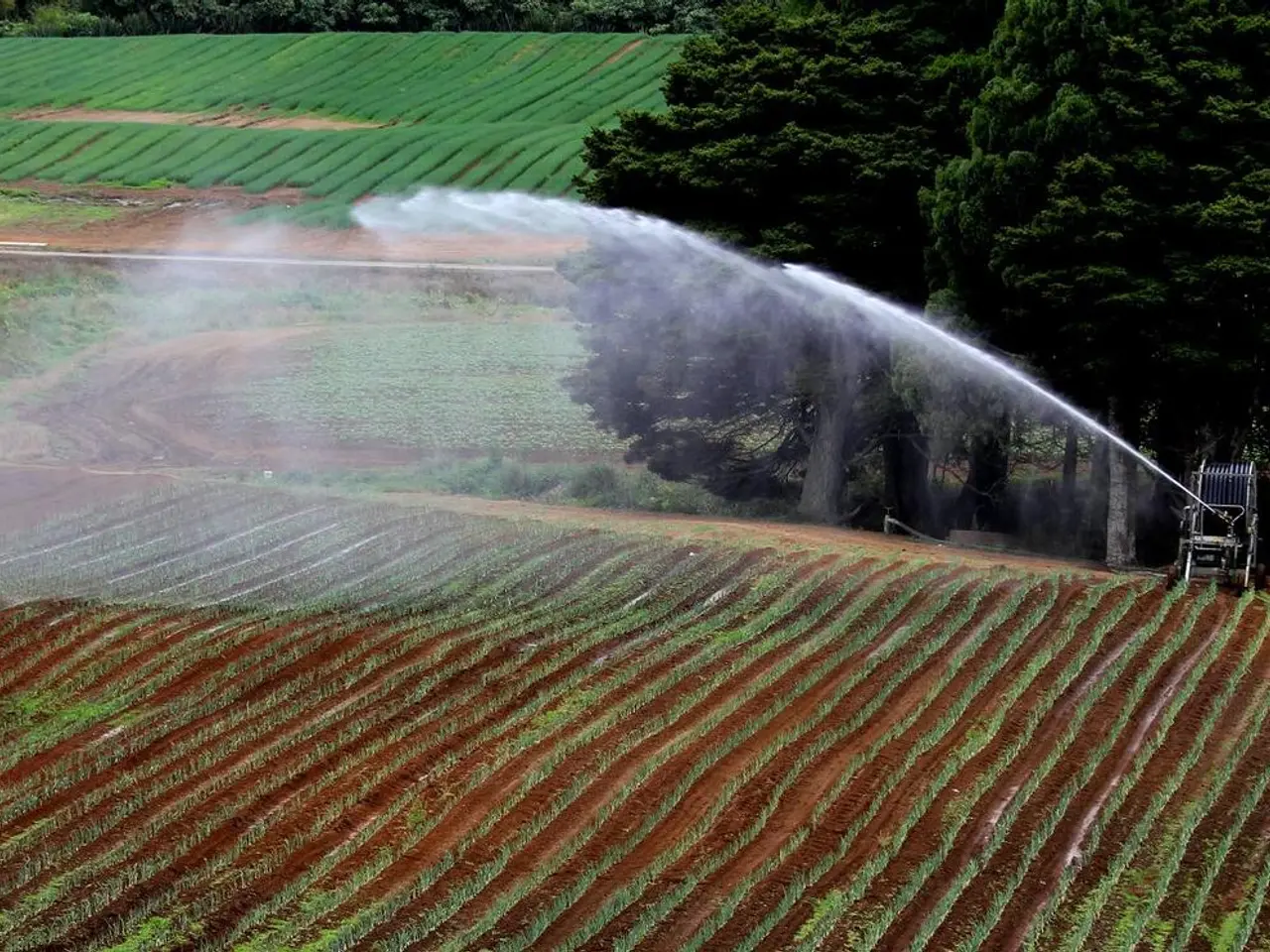Unveiling the Dark Side of VPNs: Delving into the Technology and Its Dangers (Continuation of Part 2)
In the digital age, consumer Virtual Private Network (VPN) services have become a popular tool for enhancing online privacy and security. These services anonymise users' online activity by encrypting their internet traffic and masking their IP addresses [1][3][4].
By routing a user's data through a VPN server, the apparent origin of the traffic is changed, making it difficult for third parties like Internet Service Providers (ISPs), websites, or advertisers to track the user's true location or browsing activities. VPNs use strong encryption protocols such as AES-256 and secure tunneling protocols like OpenVPN, WireGuard, or proprietary protocols (e.g., Proton VPN's Stealth or NordVPN’s OpenVPN toggle) to secure data inside the VPN tunnel [1][3][4].
However, while VPNs offer numerous benefits, they also present several potential risks.
Trust and Data Logging Risks Since user traffic passes through VPN servers, users must trust the VPN provider not to log or misuse their data. Some VPNs, particularly free or unvetted ones, may sell user data, inject ads, or even contain malware. For example, studies found a significant number of free Android VPN apps contained malware or sold users' residential IPs (e.g., Hola VPN) [2].
Security Vulnerabilities Poorly implemented VPNs can leak DNS queries or WebRTC data, revealing users' real IP addresses and undermining anonymity [1][4]. VPN server outages or overload can cause connectivity issues, and relying solely on VPNs without other security measures can create a false sense of security [4].
Performance and Infrastructure Strain VPN encryption adds processing overhead, potentially slowing connections. Sudden demand surges (like following new regulations) can strain infrastructure, affecting reliability and speed [2].
Lack of Transparency Closed-source VPN apps limit independent security audits, creating uncertainty about the true level of privacy and security provided. Choosing VPNs with open-source clients or independently audited security is advisable [1].
It's essential to note that a VPN doesn't provide end-to-end security between the user and the online services being accessed. Any personally identifiable information that is shared via the browser, such as web data, cookies, or authentication tokens retained from a previous session, can give the user away to a remote site [3].
Moreover, a VPN is a software-based toolkit for creating a virtual connection between two physically separate computers or networks. The 'inside-out' nature of a typical consumer VPN connection means that all the user is doing is swapping out their local ISP for a virtual ISP somewhere else in the world [3].
In extreme cases, a computer remotely hooked up to head office over a VPN and locally open to the internet via a home LAN or the Wi-Fi service at a coffee shop might unknowingly turn into an outbound network route that is visible to other computers on the company LAN, potentially causing data breaches [3].
In IPv4, private IP numbers fall into one of the ranges 10.0.0.0/8, 172.16.0.0/12, or 192.168.0.0/16. In IPv6, the private range of ULAs or unique local addresses is fc00::/7 [3].
In summary, while consumer VPNs use encryption and IP masking to enhance anonymity and privacy online, users face risks from trustworthiness of providers, potential data leaks, and security vulnerabilities, particularly with free or less reputable services. Selecting well-reviewed, transparent, and security-conscious VPN providers mitigates many of these risks [1][2][3][4].
[1] https://www.vpnmentor.com/blog/vpn-security-risks-and-how-to-avoid-them/ [2] https://www.forbes.com/sites/andygreenberg/2021/02/09/free-vpn-apps-are-full-of-malware-and-other-risks-heres-how-to-stay-safe/?sh=501922e47464 [3] https://www.techradar.com/vpn/what-is-a-vpn [4] https://www.techradar.com/vpn/what-is-vpn-tunneling
- The field of science continues to advance with breakthroughs in various domains.
- A good night's sleep is crucial for overall health and wellness.
- Workplace wellness programs can contribute significantly to employee productivity and satisfaction.
- Understanding medical conditions is key to managing them effectively.
- Health and wellness have become a top priority for many individuals in today's fast-paced world.
- Regular fitness and exercise are essential for a long, healthy life.
- Maintaining sexual health is an important aspect of one's overall well-being.
- Climate change is a pressing issue that requires immediate attention and action.
- Mental health is just as crucial as physical health, often overlooked in discussions about well-being.
- Men's health issues, such as prostate cancer, often go unaddressed and need more attention.
- Skin care is an essential part of maintaining personal hygiene and appearance.
- Various therapies and treatments are available for managing psychological disorders.
- Proper nutrition is crucial for maintaining a healthy lifestyle.
- Aging is a natural process, but it doesn't have to come with a decline in health and quality of life.
- Women's health encompasses several unique aspects, such as reproductive health and menopause management.
- Parenting involves more than just biological child-rearing – it includes emotional, social, and mental development as well.
- Weight management is a significant concern for many individuals in the modern world.
- Medicare is a federally-funded health insurance program for people over 65 or with certain disabilities.
- CBD, a compound found in cannabis, is used for various medicinal purposes.
- Environmental science helps us understand and combat issues like pollution and climate change.
- Financial matters are essential for ensuring a comfortable lifestyle and future.
- Space and astronomy continue to fascinate scientists and the general public alike.
- Cybersecurity is increasingly crucial in our digital age, protecting individuals and businesses from online threats.
- Lifestyle choices can significantly impact one's overall health and quality of life.
- Fashion and beauty industries cater to our aesthetic needs and self-expression.
- The food and drink industry is vast, providing essential nutrients and pleasure.
- Investing in stocks, real estate, or other assets is a common method for wealth management.




